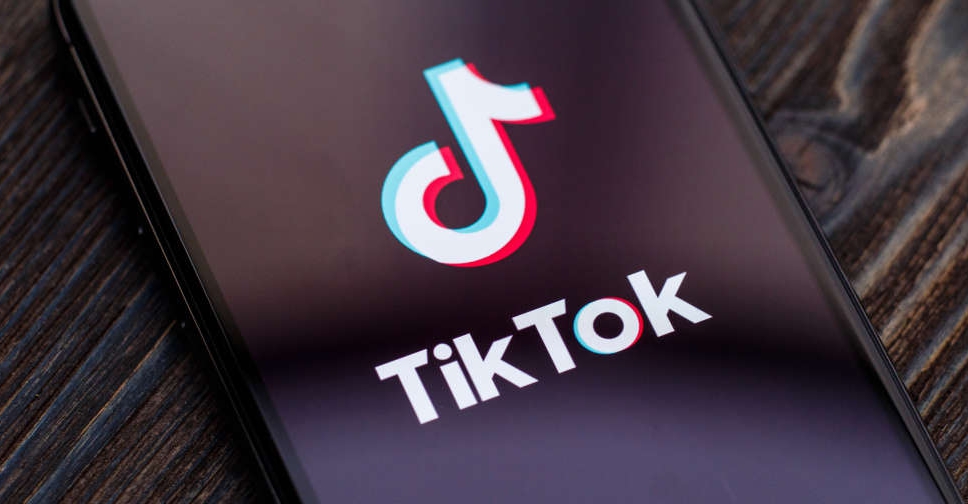
New Jersey and Ohio said they were joining other US states in banning use of the popular video app TikTok on government-owned and managed devices.
New Jersey Governor Phil Murphy, a Democrat, said in addition to banning the short-video app owned by Chinese technology conglomerate ByteDance from state devices he also was banning software vendors, products, and services from more than a dozen vendors including Huawei, Hikvision, Tencent Holdings, ZTE Corporation and Kaspersky Lab.
Murphy's office said: "there have been national security concerns about user data the Chinese government might require ByteDance to provide."
Ohio Governor Mike DeWine, a Republican, said in his order "these surreptitious data privacy and cybersecurity practices pose national and local security and cybersecurity threats to users of these applications and platforms and the devices storing the applications and platforms".
TikTok said it was "disappointed that so many states are jumping on the political bandwagon to enact policies that will do nothing to advance cybersecurity in their states and are based on unfounded falsehoods about TikTok".
On Friday, Wisconsin Governor Tony Evers said he planned to join other states in banning use of the popular video app that has more than 100 million US users.
Republican governors have led the charge to ban TikTok from state devices and some Democratic governors have been slower to do so.
Calls to ban TikTok from government devices gained steam after US FBI Director Christopher Wray said in November it poses national security risks. Wray flagged the threat that the Chinese government could harness the app to influence users or control their devices.
Reuters reported Friday that TikTok has put on hold a hiring process for consultants that would help it implement a potential security agreement with the United States, two people familiar with the matter said, as more US officials oppose such a deal.
For three years, TikTok has been seeking to assure Washington that the personal data of US citizens cannot be accessed and its content cannot be manipulated by China's Communist Party or any other entity under Beijing's influence.




 US starts collecting Trump's new 10% tariff
US starts collecting Trump's new 10% tariff
 Nasdaq set to confirm bear market as Trump tariffs trigger recession fears
Nasdaq set to confirm bear market as Trump tariffs trigger recession fears
 Dana Gas and Crescent Petroleum exceed 500M boe in Khor Mor field
Dana Gas and Crescent Petroleum exceed 500M boe in Khor Mor field
 China to impose tariffs of 34% on all US goods
China to impose tariffs of 34% on all US goods
 Shares bruised, dollar crumbles as Trump tariffs stir recession fears
Shares bruised, dollar crumbles as Trump tariffs stir recession fears



